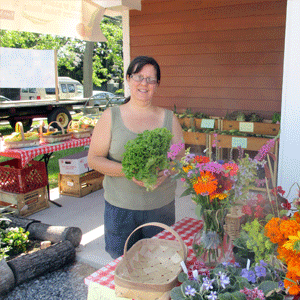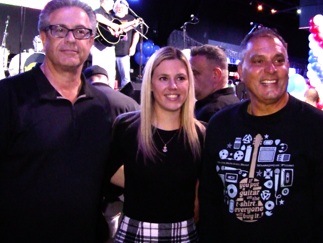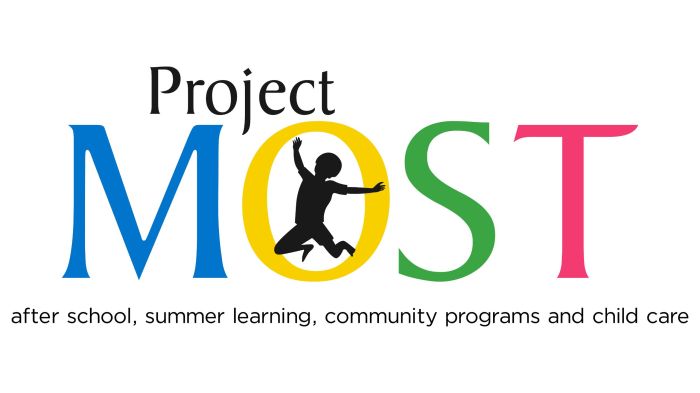In a typical Long Island community packed with houses and backyards, there are a couple of acres of open land of community gardens where people are growing basil and dahlias and roses and cabbages—people like Terry Dunckey of Westbury and Peg Woerner of Great Neck, tending their small plots and helping to promote sustainable and organic practices.
East Meadow Farm, off Merrick Avenue, is owned by Nassau County and operated by Cornell Cooperative Extension (CCE) of Nassau County. Previously it was a family-owned farm that was purchased by the county through the Environment Bond Act Program, a $150 million program that called for, among several mandates, the preservation of 400 acres of open space. In 2009, CCE of Nassau was awarded the lease to the land and in January 2012 took possession of the property. East Meadow Farm is a place where we can get the best advice on how to make our gardens grow without harming the earth. Part of the CCE’s original proposal was the establishment of a farmer’s market and, now, the market is open two days a week, a place to purchase organic vegetables and flowers during the growing season.
This is the first year for the farm stand. Co-manager Melissa Klein told me that the produce comes from many sources. Some vegetables and fruit, such as Swiss chard, green beans, hot and sweet peppers, raspberries and onions are grown right on the property. Much comes from the 4-H camp in Riverhead and a farm in Brentwood. A gardener in Westbury supplies some of the produce and some of the gardeners who have plots at East Meadow Farm also contribute to the market. Most of what is sold is organic and local, although some products travel a bit of a distance such as the maple syrup from upstate New York, which is expected to arrive soon.

I chatted with Jennifer Trzcinski from Massapequa Park who had come to the farm to have the pH of her cousin’s soil tested by Cornell Cooperative Extension to determine what amendments might be needed to get the soil to optimum health. At home Trzcinski has an organic garden where she grows peppers, green beans and heirloom tomatoes. She was enticed by a head of lettuce at the farm stand, which she purchased. Peg Woerner said that the week before she had purchased orange beets. “I had never heard of them,” she said, “and wanted to try something new.” I went home with corn, tomatoes, a cheerful bouquet of sunflowers, and some homemade cookies baked in the kitchens of FREE (Family Residences and Essential Enterprises, Food Inc.), a program founded in 1977 that supports individuals with intellectual disabilities, mental illness and brain injury. The farm stand is a partnership between CCE Nassau County and FREE.
While you’re on the property take a walk around to see some of the special gardens. The Mid-Island Dahlia Society has a plot where members are growing flowers to compete in shows. There’s a new native plant garden planted in conjunction with Friends of the Hempstead Plains where you can see some of the vegetation that is indigenous to the area. There’s a butterfly garden of buddleia (butterfly bush) and native flowers that is a way station for monarch butterflies on their migration back to Mexico. The herb garden is comprised of culinary herbs and those that are used in dyes and for fragrance. A joint research project with Texas A&M is underway in one plot to test new varieties of roses. In this “survival of the fittest” garden, 36 rose bushes are not pruned or given any special treatment. Those that perform well will eventually find their way to local nurseries and into our gardens.
The farmers market is open on Fridays and Saturdays from 9 am to noon. For information, visit http://ccenassau.org or call 516-565-5265.
































